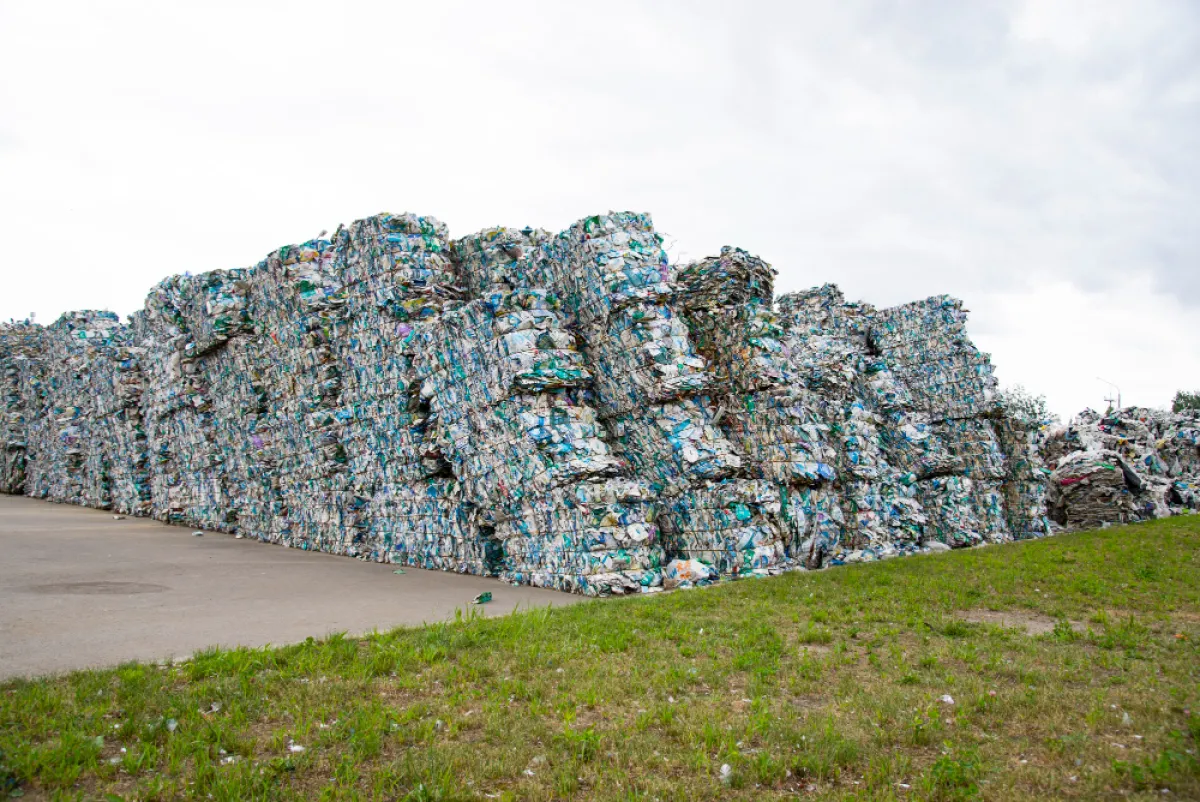
Thailand, being one of the countries accepting a significant amount of waste from abroad due to the lack of control measures or import restrictions, is aiming to lessen the environmental impact and stabilize the domestic plastic market. Hence, the government has approved the plastic scrap import control policy proposed by the Ministry of Natural Resources and Environment to partly solve the issue of Thailand serving as a waste receiver from other countries.
This involves the Customs Department, the Department of Foreign Trade, and the Ministry of Industry to implement the following policies:
1. From January 1st, 2024 onward, the importation of plastic scrap from foreign countries will be prohibited. The Ministry of Commerce will announce the regulation making plastic scraps a banned import in the Kingdom.
2. The import of plastic scrap in the Tax Free Zone during 2023-2024 will only be allowed for the designated 14 industrial factories. All these factories, which use plastic scrap as raw materials for export-oriented production located in the Tax Free Zone, can import up to their actual production capacity totaling 372,994 tons per year as follows:
Year 1 (2023): 100% of the actual production capacity can be imported.
Year 2 (2024): Importation should not exceed 50% of the actual production capacity, with mandatory environmental control measures to prevent pollution within the country. For example, the imported plastic scrap must be separated by type and must not be mixed. It can be used in the production process without any cleaning and should be used only as a raw material for export production.
3. The importation of plastic scrap in other areas (during 2023-2024) is only permitted in cases where there is no domestic plastic scrap or it is insufficient. Certain criteria are set, such as manufacturers must provide evidence of the necessity of imports and their inability to source domestically, the imported amount should correspond with production capacity, and imports should be used as raw materials only (excluding sorting or plastic crushing). The imported scraps can be used in the production process without any cleaning.
Nevertheless, during 2023-2024, before the plastic scrap import control measures come into effect, control measures should be placed in these 2 years covering 3 main points:
Moreover, there are four measures to mitigate the impact of banning plastic scrap import, including:
Data updated on February 21, 2023
Source: Office of the Prime Minister, Government House
Tel. +66 2280 9000